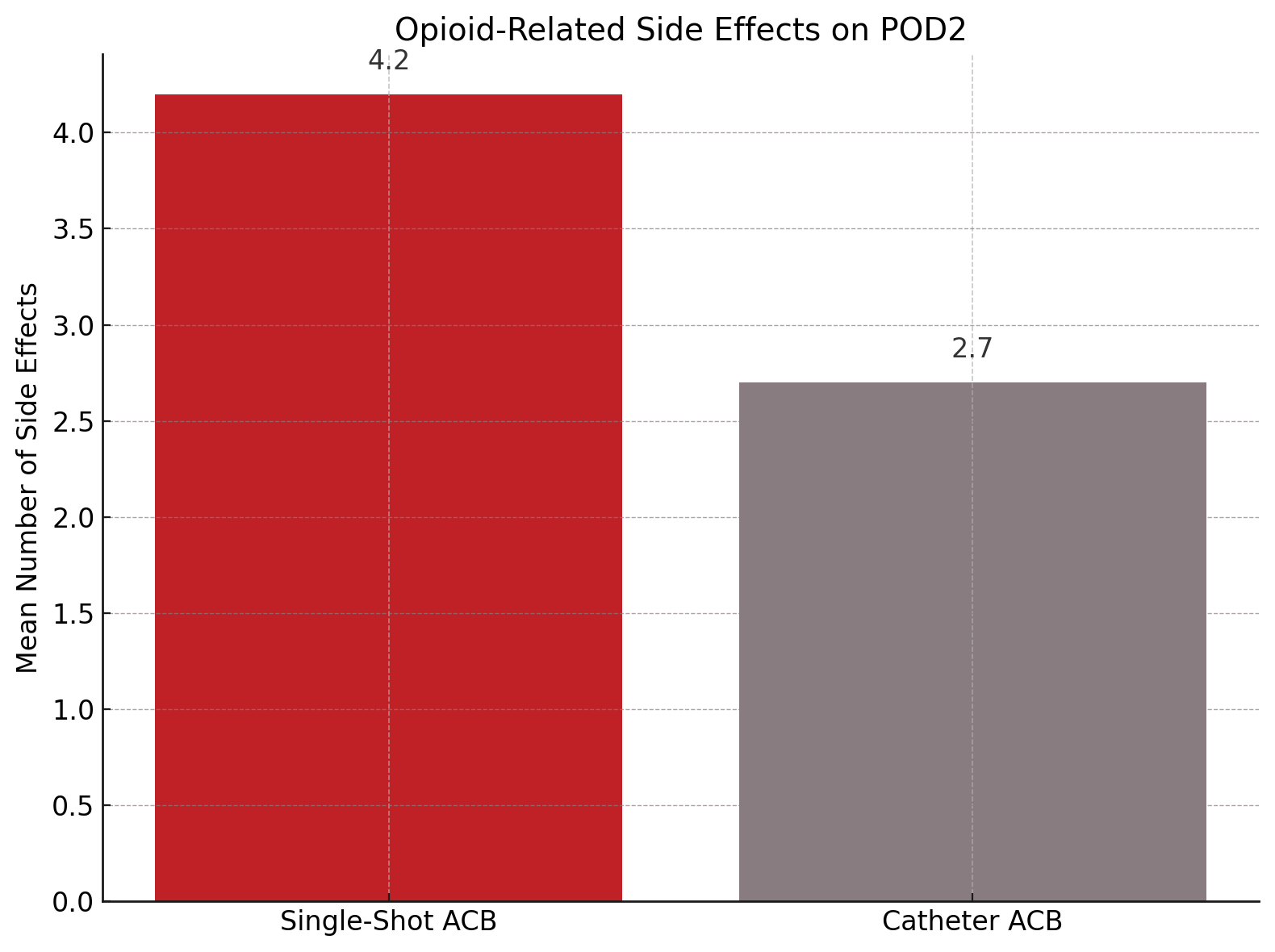National Study Finds Significant Mental Health Disparities Among Sexual and Gender Minority Populations
Key Highlights:
- Sexual and gender minority (SGM) individuals had significantly higher odds of at least 4 of 10 common mental health conditions compared with non-SGM counterparts.
- Gender diverse people assigned female at birth had 3.67 times higher odds of post-traumatic stress disorder (PTSD) than cisgender heterosexual men.
- Transgender men and women experienced elevated risks of depression, personality disorders, and other conditions compared with cisgender heterosexual individuals.
In this large-scale cross-sectional analysis from the All of Us Research Program, researchers identified stark mental health disparities between sexual and gender minority (SGM) populations and cisgender heterosexual (non-SGM) individuals. Among 269,947 participants with linked electronic health records (EHR), the 22,189 who self-identified as SGM had markedly higher odds of being diagnosed with multiple mental health conditions, including bipolar disorder, PTSD, attention-deficit/hyperactivity disorder, and depression.
Although mental health disparities affecting SGM communities are well-documented, most studies rely on small or non-diverse samples and often lack granularity across distinct SGM subgroups. Historically, the absence of comprehensive datasets has hindered efforts to elucidate disparities linked to sexual orientation, sex assigned at birth, and gender identity. This study leveraged national-level data from the All of Us Research Program, which includes detailed survey responses and linked EHRs, to rigorously assess the prevalence of mental health diagnoses among a large, demographically diverse cohort.
Researchers conducted a cross-sectional analysis using data collected from May 31, 2017, to June 30, 2022. Participants’ SGM status was determined by self-reported survey data, and mental health diagnoses were extracted from EHRs using SNOMED codes, requiring at least two separate diagnosis entries per condition. Ten common mental health conditions were evaluated, including anxiety, bipolar disorder, PTSD, and depression. Logistic regression models adjusted for age, race and ethnicity, income, employment, and geographic region were employed to assess associations between SGM status and mental health outcomes.

The study found that cisgender sexual minority men had significantly higher odds of 9 out of 10 mental health conditions compared with cisgender heterosexual men. Similarly, cisgender sexual minority women had increased odds for all 10 conditions, including bipolar disorder (adjusted odds ratio [AOR], 2.09). Gender diverse individuals assigned female sex at birth were especially affected, with PTSD odds 3.67 times higher than those in cisgender heterosexual men and 2.77 times higher than in cisgender heterosexual women. Transgender men had more than twice the odds of depression (AOR, 2.11), while transgender women had elevated risks of personality disorders and schizophrenia. Overall, SGM subgroups consistently demonstrated a greater burden of mental health conditions than their non-SGM counterparts.
Although the study benefits from a large, diverse sample and robust analytic methods, it has several limitations. The cohort is not nationally representative, and outcome definitions based on EHRs—despite sensitivity analyses—may still harbor misclassification risks. Additionally, subgroup sizes for certain conditions (e.g., autism spectrum disorder, obsessive compulsive disorder) were too small for conclusive interpretation, and the cross-sectional design limits causal inference.
“It is crucial to clarify that the associations observed between SGM status and adverse mental health outcomes do not imply causality and should not be used to stigmatize these communities,” the study authors wrote. “Based on the body of research documenting the adverse impacts of minority stress on SGM individuals, driven by organizational, cultural, and societal stigma and discrimination, it is likely that these factors underlie the marked mental health disparities we observed associated with SGM status, including limited legal protections, exposure to violence, lack of access to gender-affirming treatments, and weaker social support systems.”
Reference:
Lu JA, Soltani S, Austin SB, Rehkopf DH, Lunn MR, Langston ME. Mental health disparities by sexual orientation and gender identity in the all of us research program. JAMA Netw Open. 2025;8(1):e2456264. Published 2025 Jan 2. doi:10.1001/jamanetworkopen.2024.56264


